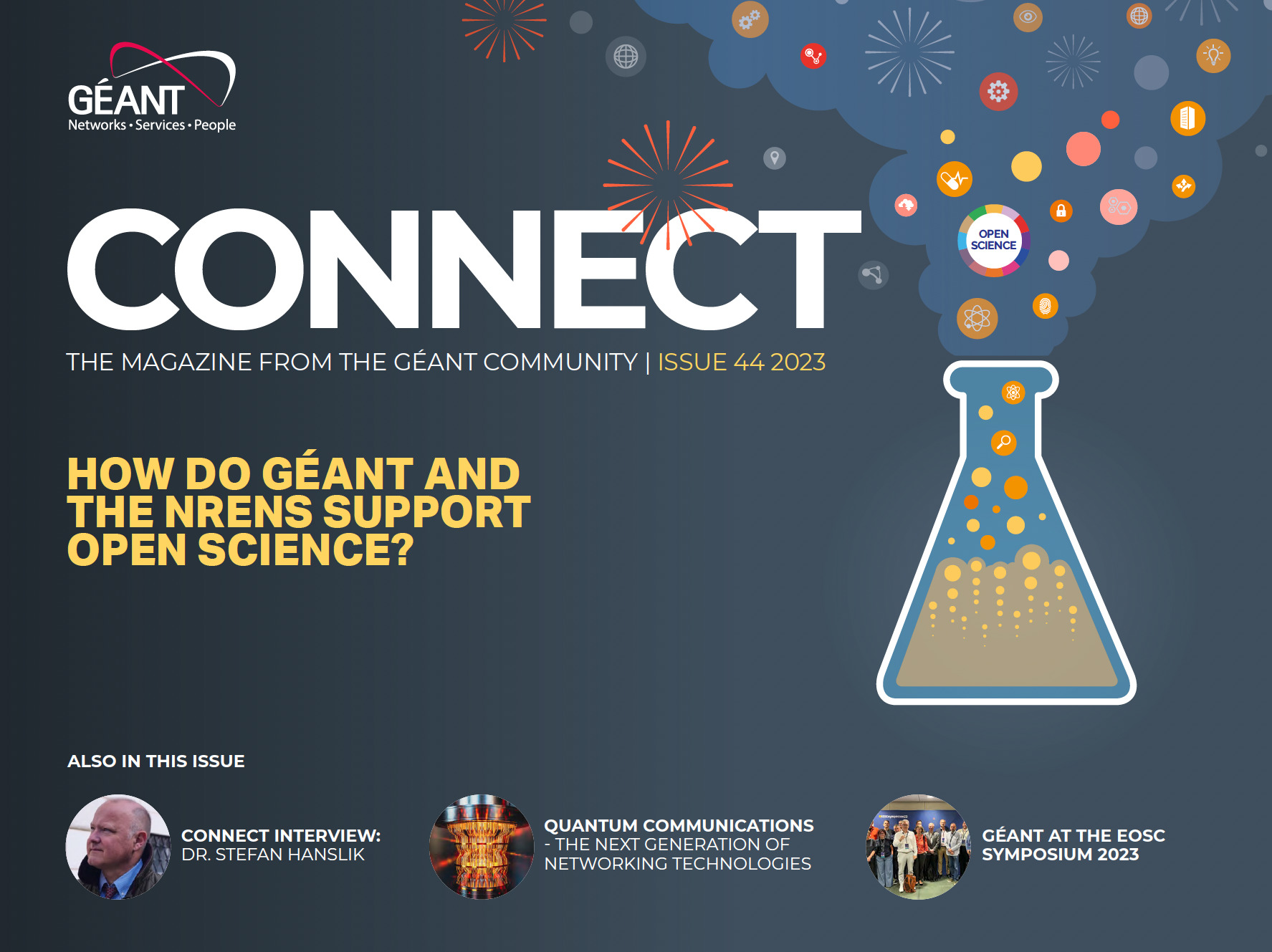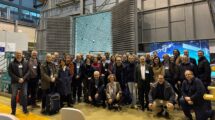Much has been said and published worldwide about Africa’s contribution to the global knowledge ecosystem. Africa is said to have contributed to only 2.2% of the world’s scholarly articles, according to the UNESCO Science Report in 2020. On the flip side, public knowledge has also revealed that Africa has been largely underrepresented in the parade of science scholarly outputs because of lopsided rules of engagement in the publishing ecosystem, disfavouring African scholars and culminating in less visibility for African scholarship.
Admittedly, visibility for scholarly works is a complex and multifaceted issue. On the one hand, there is a growing recognition of the importance and value of African scholarship, as evidenced by the, albeit slow, increasing number of African scholars publishing in international journals and books. On the other hand, African scholars still need help getting their work published and disseminated.
Several factors contribute to the low visibility of African scholarly works. One is the need for adequate funding for research in Africa. Inadequate financing makes it difficult for African scholars to research and publish their findings. Another factor is the need for more infrastructure for scholarly communication in Africa, including a lack of access to libraries, journals, books and training in current trends in academic publishing.
Recognising these challenges, activities in the AfricaConnect3 project have focused on developing open science capacity-building activities and establishing a framework for sustainable open access (OA) repository and journal development in Africa. The resulting LIBSENSE initiative is critical in fostering the visibility of African scholarship through its pillars of policy, capacity building, and community-owned infrastructure for shared institutional and national scholarly communication platforms. WACREN has also partnered with the Directory of Open Access Journals (DOAJ) and the Directory of Open Access Books (DOAB) to create avenues for more journals and books to be indexed in these schemes to raise the profile, visibility and impact of scholarly works from Africa in a structured, sustainable way. Fully guided by the peculiarity of the African context, LIBSENSE is working with these indexing platforms to remove barriers and raise the African ‘voice’ in global scholarship.
A recent study revealed DOAJ to be an excellent choice for diversity and inclusivity, with the number of OA journals from Africa doubling those found in Web of Science. The study also reported a five-fold increase in OA journals from Global South countries compared to equivalent services and other scholarly discovery platforms.
Furthermore, WACREN, in collaboration with the Electronic Information for Libraries (EIFL) and African Journals Online (AJOL), is embarking on a three-year project to support diamond open access (OA) publishing in Africa. The initiative aims to empower the African diamond OA community and provide cost-efficient, open, shared publishing infrastructure. AJOL, renowned as the world’s most extensive online collection of African-published, peer-reviewed scholarly journals, will help to model options to liberate African authors and readers from the financial burdens of Article Processing Charges (APCs) and subscription fees.
For those unfamiliar with diamond open access, it represents a compelling option for researchers who prioritise open access, face budget constraints, work in emerging or interdisciplinary fields, or aspire to drive positive societal change through their research. The diamond OA model enhances the accessibility of scholarly research, particularly benefiting researchers and readers in economically challenged regions where resources for accessing research publications are limited. This approach bridges disparities and promotes increased knowledge dissemination, potentially catalysing innovation and progress across diverse domains.
In tandem with the national open science symposiums it hosts across Africa, the dedication in LIBSENSE to fostering OA repository and publishing initiatives underscores a pivotal and far-reaching contribution to amplifying the African voice in global research. These efforts will address the challenges many African scholars face and contribute to enriching and diversifying the global knowledge landscape.

Read or download the full magazine here






